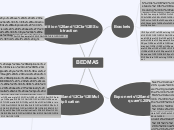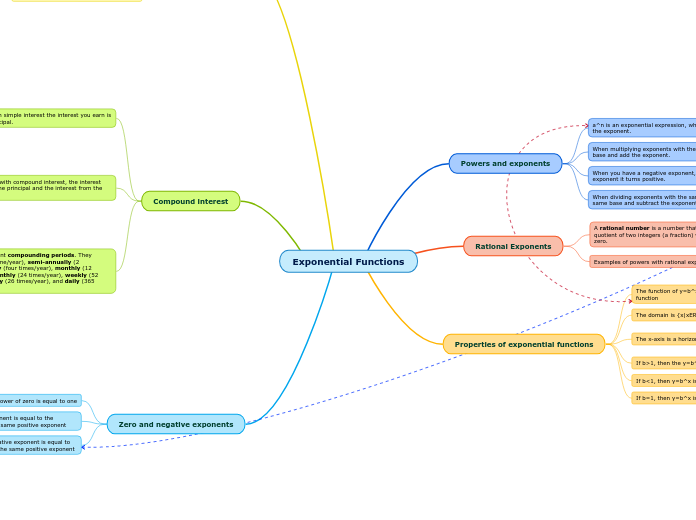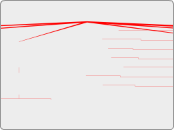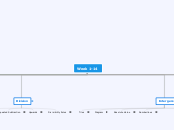av ARUSHI DUTTA för 6 årar sedan
764
BEDMAS
The principles of BEDMAS guide the sequence of operations in mathematical equations, ensuring consistent results. BEDMAS stands for Brackets, Exponents, Division and Multiplication, and Addition and Subtraction.









